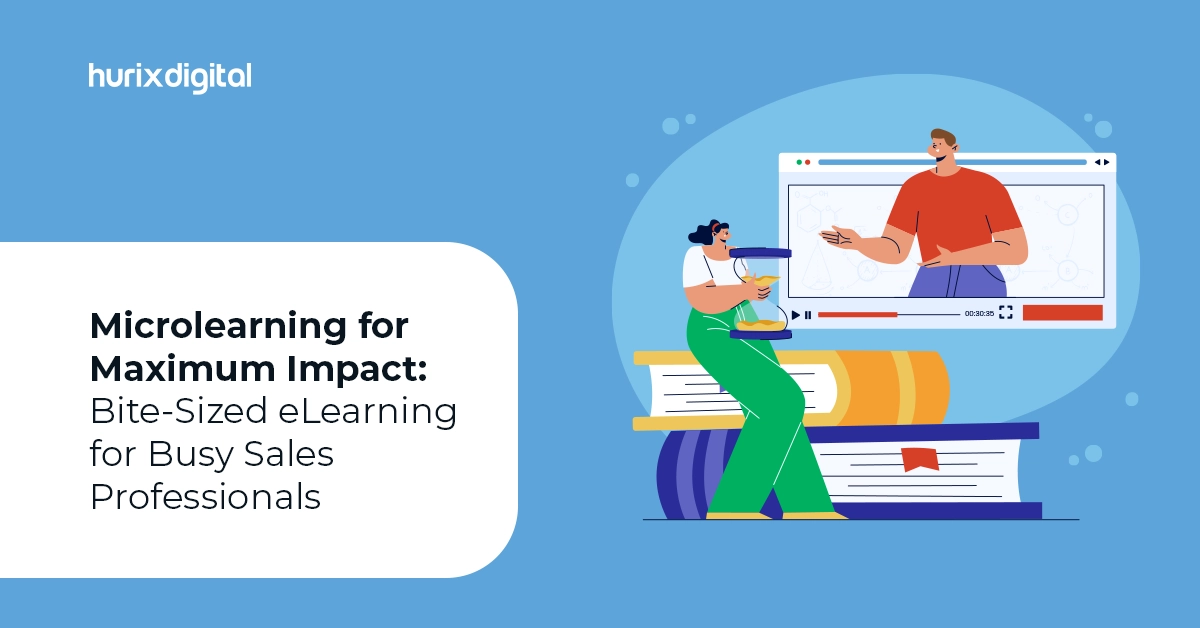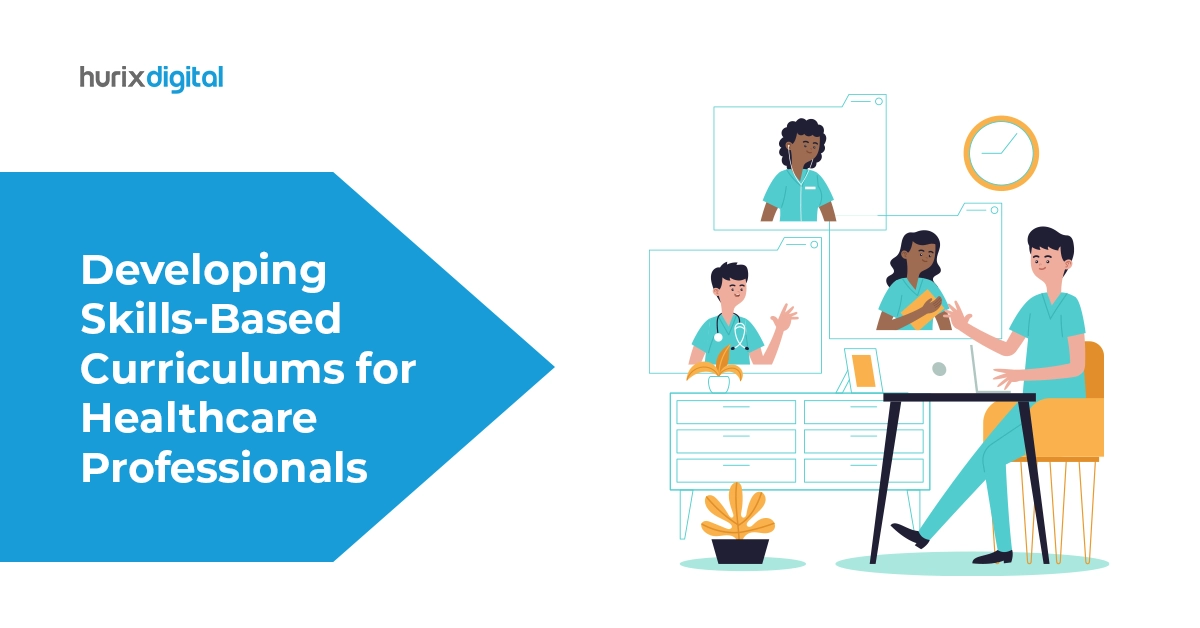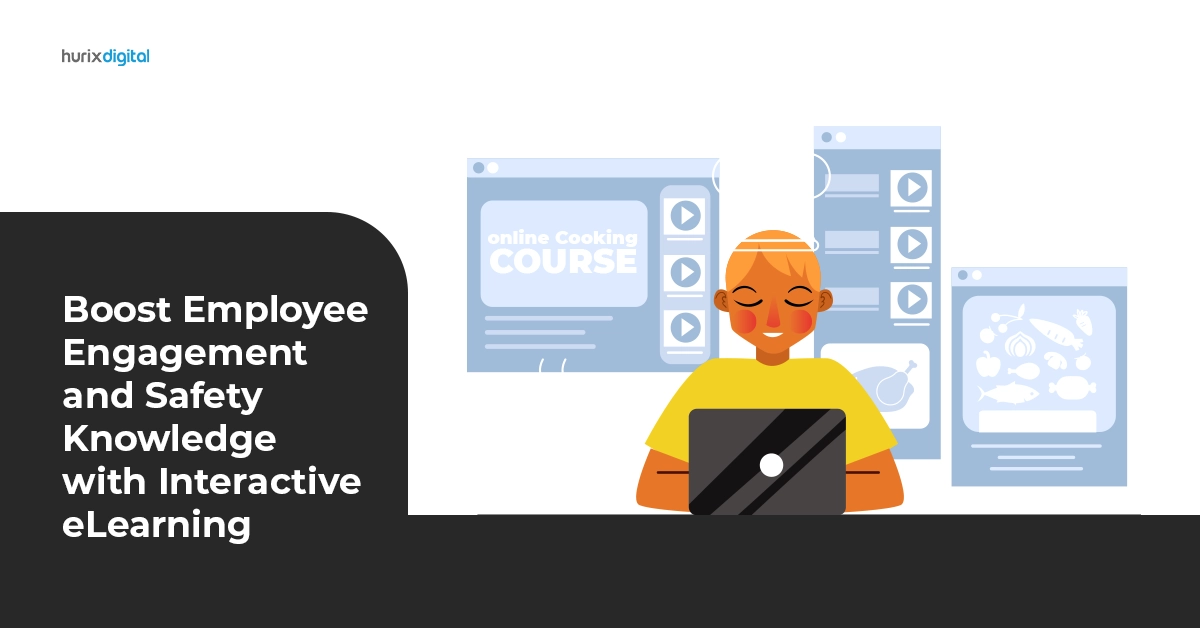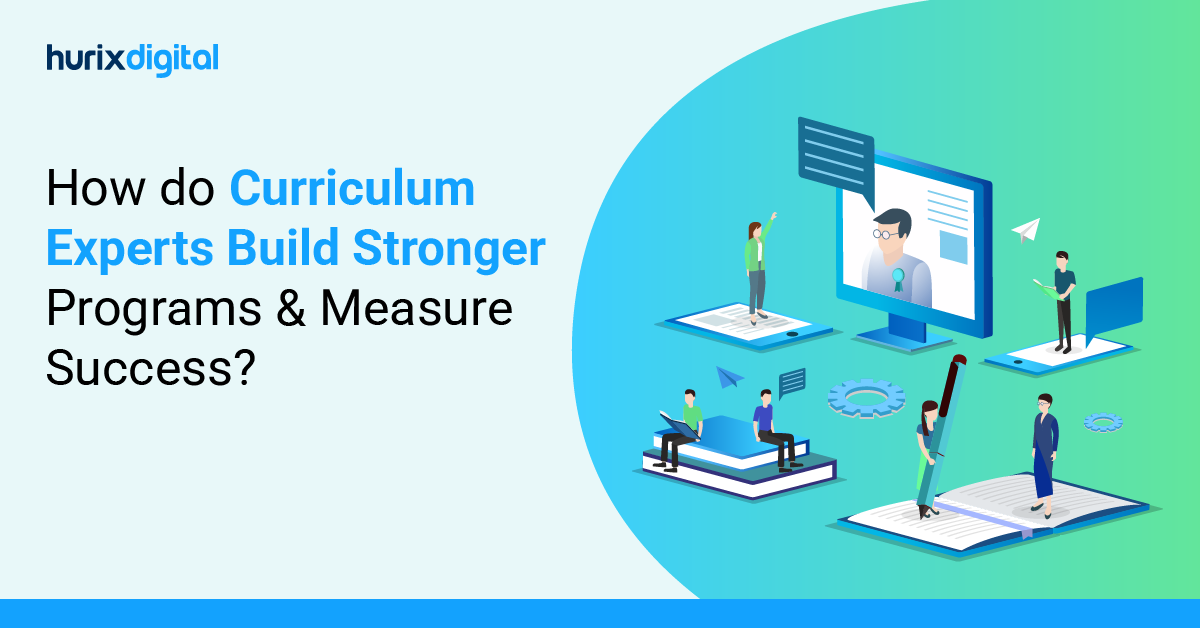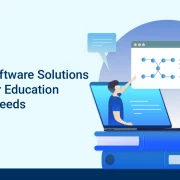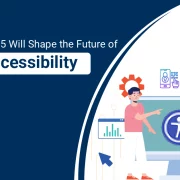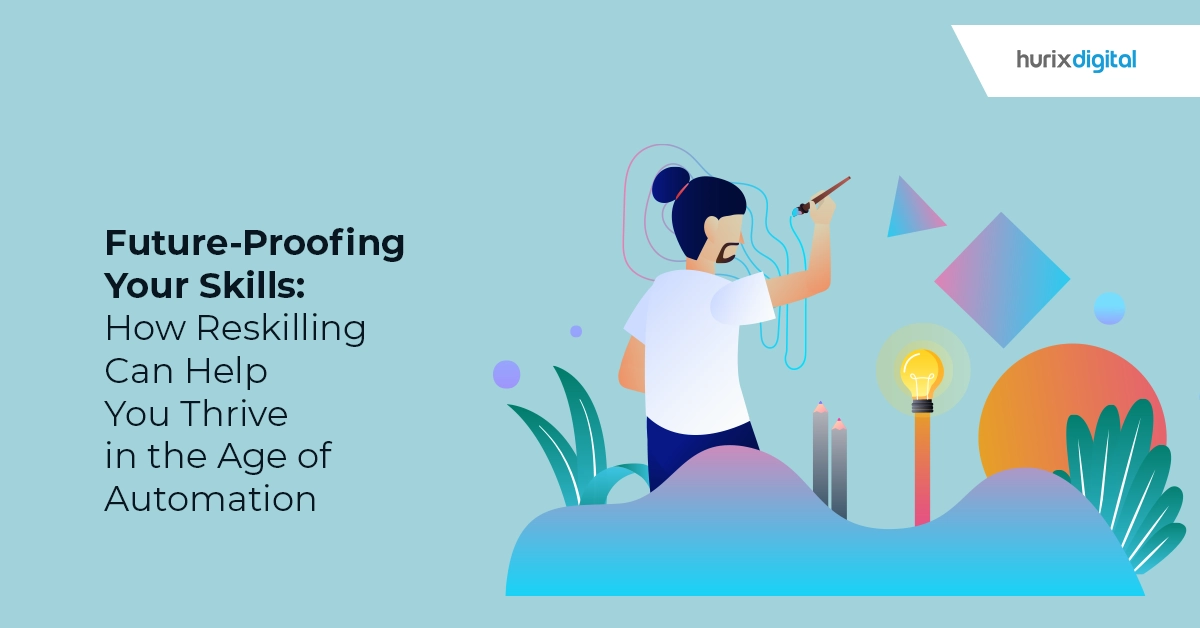
Future-Proofing Your Skills: How Reskilling Can Help You Thrive in the Age of Automation
Summary
Discover how reskilling can prepare you for success in an automated future. This blog provides insights into identifying skills gaps and strategies for staying relevant in the workforce.
The world of work is undergoing a significant transformation fueled by automation. A recent McKinsey Global Institute report predicts that by 2030, up to 800 million jobs could be lost to automation, while a staggering 375 million new jobs could be created. This statistic underscores a crucial point: the jobs of tomorrow will require a different skill set than those of today.
The question then becomes: Are you prepared for this inevitable shift?
If the thought of technological change replacing your job sends shivers down your spine, fret not. The key to navigating this changing landscape lies in workforce transformation through continuous learning and strategic skills development. By actively reskilling yourself, you can not only stay relevant in the job market but also position yourself for exciting new opportunities.
Here’s a breakdown of why reskilling is crucial in the age of automation, along with actionable steps you can take to future-proof your career:
Table of Contents:
- Why Reskilling is Crucial in the Age of Automation
- The Benefits of Reskilling for Individuals and Businesses
- How to Identify Skills Gaps and Develop a Reskilling Plan
- Top Reskilling Trends to Watch Out For Workforce Transformation
- Continuous Learning: The Key to Long-Term Success
- Building Your Reskilling Toolkit: Resources at Your Fingertips
- Conclusion
Why Reskilling is Crucial in the Age of Automation
Here’s why reskilling is no longer a luxury but a necessity:
- Automation is taking over routine tasks: As repetitive tasks become automated, the demand for human workers will shift towards jobs requiring higher-order skills like critical thinking, creativity, and problem-solving.
- The skills landscape is constantly evolving: New technologies are emerging at an unprecedented pace, rendering some skills obsolete and creating entirely new ones. To stay competitive, continuous learning and skill development are essential.
- Lifelong learning is the new norm: Gone are the days of a single career path. In today’s dynamic job market, workers are expected to be adaptable and willing to learn new skills throughout their careers.
Also Read: Designing Personalized Learning Pathways for your Workforce
The Benefits of Reskilling for Individuals and Businesses
Reskilling isn’t just about individual career growth; it benefits businesses as well:
1. Increased Employee Retention
Investing in employee skills development demonstrates a commitment to their growth, leading to higher job satisfaction and reduced turnover.
2. Enhanced Innovation
A workforce equipped with diverse skill sets fosters a culture of innovation and helps businesses adapt to changing market demands.
3. Improved Productivity and Efficiency
Reskilling employees with the latest tools and technologies can lead to increased productivity and operational efficiency.
How to Identify Skills Gaps and Develop a Reskilling Plan
1. Self-Assessment:
- Take the time to identify your strengths and weaknesses.
- Consider your career goals and the skills required to achieve them.
- Analyze job descriptions in your field to understand the skills employers are looking for.
2. Leverage Online Resources:
- Several online platforms offer free skills assessments and career planning tools.
- Industry associations and professional organizations often provide resources to identify skill gaps and emerging trends in your field.
3. Seek Guidance:
- Reach out to career counselors or mentors who can offer personalized advice on reskilling opportunities.
- Consider professional development programs offered by your employer or educational institutions.
Top Reskilling Trends to Watch Out For Workforce Transformation
As the automation revolution unfolds, certain skill sets will be increasingly valuable:
- Data Analysis and Interpretation: The ability to analyze data and extract meaningful insights will be crucial across industries.
- Digital Literacy and Cloud Computing: Understanding and working with cloud-based tools is essential for efficient workflows and collaboration.
- Artificial Intelligence (AI) and Machine Learning (ML): Familiarity with AI and ML concepts will be advantageous for navigating a world increasingly reliant on these technologies.
- Communication and Soft Skills: Effective communication, teamwork, and problem-solving skills will remain highly sought-after, regardless of technological advancements. As automation handles routine tasks, workforce transformation by upgrading skills in areas like critical thinking, creativity, and emotional intelligence to collaborate effectively with machines and each other is important.
Continuous Learning: The Key to Long-Term Success
The key to successful reskilling lies in embracing a continuous learning mindset. Here are some tips to cultivate a lifelong learning habit:
- Set SMART learning goals: Make your learning goals Specific, Measurable, Achievable, Relevant, and Time-bound.
- Explore various learning formats: Take advantage of online courses, workshops, conferences, and even self-directed learning through books, podcasts, and online learning.
- Practice what you learn: Don’t just learn; apply your newly acquired skills to real-world projects or volunteer opportunities.
- Network with like-minded individuals: Connect with others who share your passion for learning and stay updated on industry trends.
Building Your Reskilling Toolkit: Resources at Your Fingertips
The good news is that you don’t have to navigate the reskilling journey alone. There’s a wealth of resources available to help you identify in-demand skills, develop a learning plan, and access high-quality training programs. Here’s a glimpse into your reskilling toolkit:
1. Free Online Courses
Platforms like Coursera, edX, and Udacity offer a vast library of free courses on various topics, from data science to project management. Many of these courses are taught by industry experts and come with certificates upon completion.
2. Micro-Credentials
Micro-credentials are bite-sized learning modules that focus on specific skills. They are a great way to gain targeted knowledge quickly and efficiently.
3. Industry Associations and Professional Organizations
Many professional organizations offer resources like skill gap analyses, career development workshops, and mentorship programs to support their members’ professional growth.
For example, Google provides an IT Support Professional Certificate that includes interactive content and online training covering both the basics and advanced IT concepts. It further comprises hands-on projects and access to several career services.
4. Government Initiatives
Several governments worldwide are launching initiatives to support reskilling and upskilling programs. Explore your government’s website to see if any programs align with your career goals. The New York Workforce Development Program provides financial aid to businesses for training entry-level employees.
By leveraging these resources, you can build a comprehensive reskilling toolkit that empowers you to stay ahead of the curve and thrive in the age of automation.
Also Read: The Impact of AI and Automation on Workforce Development Trends
Conclusion
The future of work may seem uncertain, but with the right approach, you can navigate it with confidence. By embracing reskilling and continuous learning, you can develop the skills and knowledge needed to thrive in the age of automation.
Hurix Digital can be your partner in this reskilling journey. We offer a comprehensive suite of training programs designed to equip you with the latest in-demand skills. From data analysis to digital marketing, our programs are tailored to meet the specific needs of individuals and businesses alike.
Don’t wait until automation disrupts your career. Take action today!
Visit our website or contact us to learn more about how Hurix Digital can help you future-proof your career through skills development and workforce transformation.

Performance, Results, Growth, and Life-Long Learning define my professional life. I am passionate about making workplace learning planful, purposeful, and impactful. I take pride in partnering with clients and bringing them the best in learning design and creating solutions that address business challenges.
